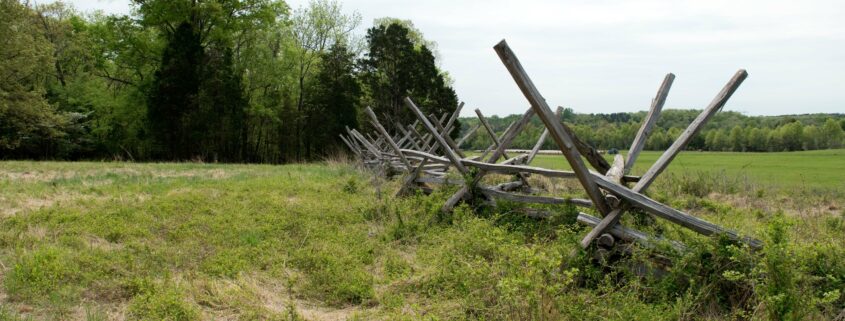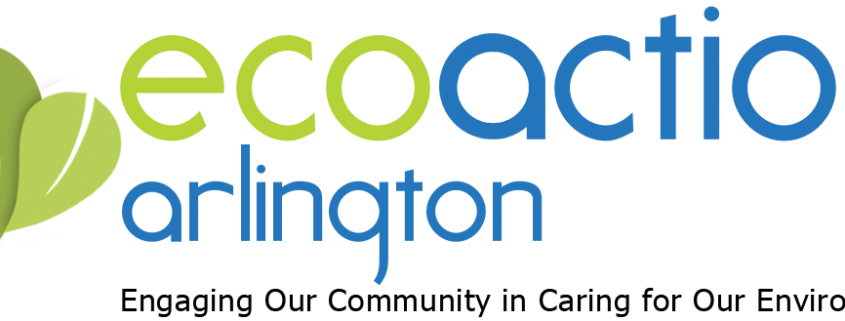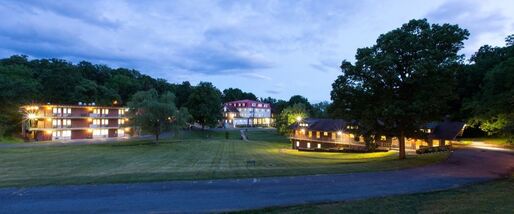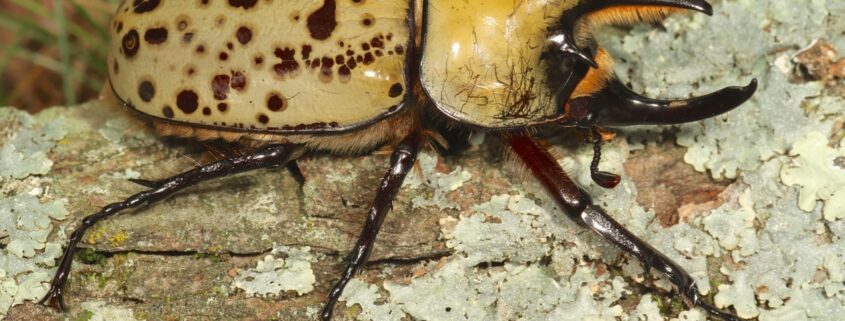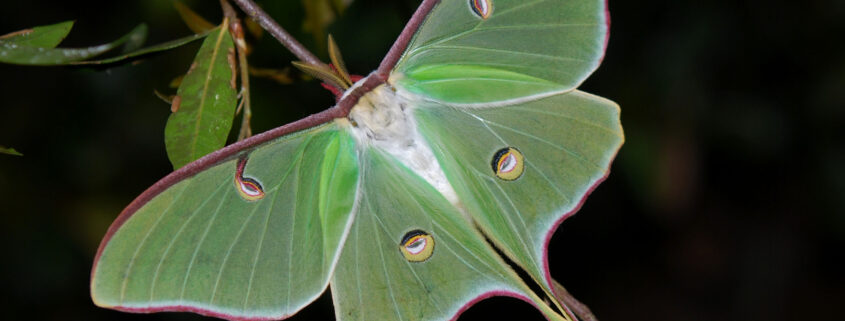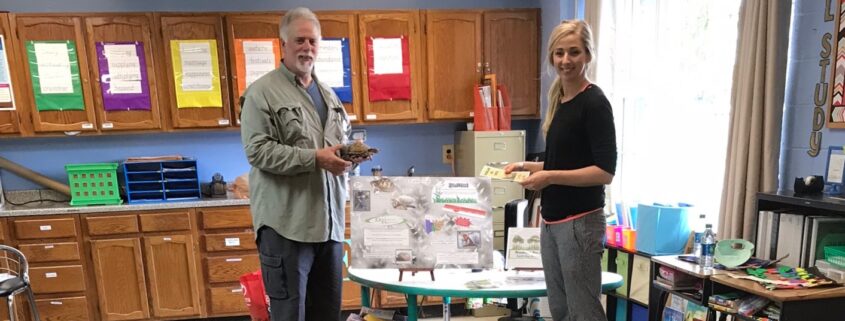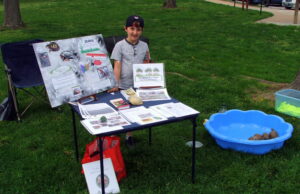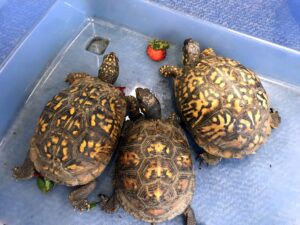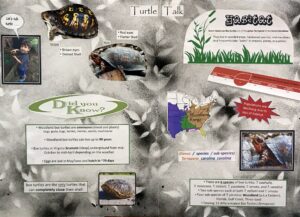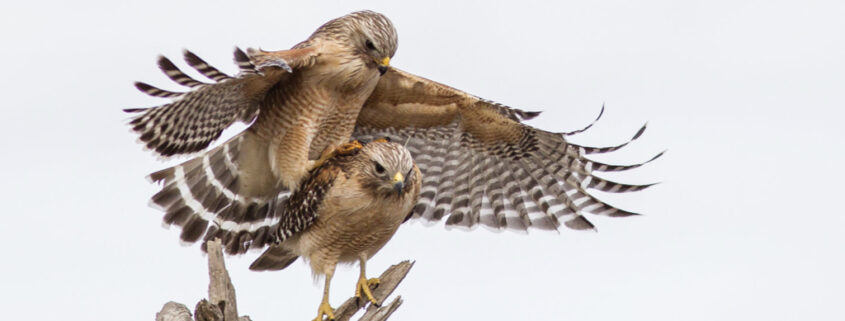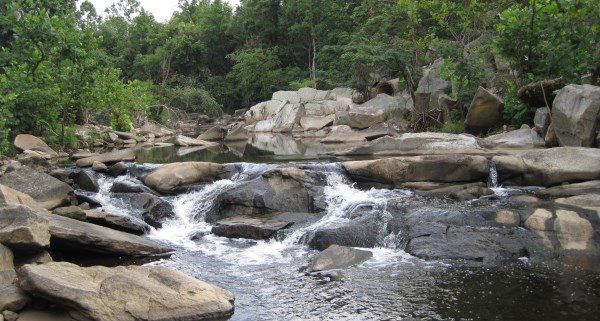Explore a working landscape at Manassas National Battlefield Park
You’re invited!
A coalition led by Master Naturalists from both the Merrimac Farm and Fairfax chapters, called Heritage Habitat, is crafting nature tours for the public at Manassas National Battlefield Park and Conway Robinson State Forest. The theme is “Heritage Habitat: A Working Educational Landscape”. The National Park Service, Virginia Department of Forestry, and the Virginia Cooperative Extension have been strongly active and supportive of expanding interpretation at those two sites.
After months of preparation, we launch on June 1, 9:00-11:00am with our first walking tour at Brawner Farm in Manassas National Battlefield Park. All Master Naturalists are invited! Come for an educational trial run of this program. In addition to learning about how the landscape is managed, we’ll be looking for feedback on the program.
The battlefield maintains a historical pattern of field and forest through hay field leases and use of prescribed fire. Conway Robinson State Forest, in Gainesville, is a working demonstration forest, with active management of species composition though thinning and harvest of trees. Both sites are rich in biodiversity as well as history, and excellent places for introducing the general public to the challenges of managing land to keep it “natural.”
The Heritage Habitat team is also looking for more volunteers to support or even lead several tours per year, to add to posts/pictures on Facebook, and to explore the sites in more depth. Interested? Contact Bryan Graham at bryan.graham@djj.virginia.gov or Heritage Habitat at HeritageHabitat@yahoo.com. Our Facebook page is https://www.facebook.com/HeritageHabitat/; Twitter handle @HeritageHabitat
No registration is required, but please RSVP to one of the email addresses if you’re planning on attending.The location is the Brawner Farm interpretive center in the Manassas National Battlefield Park. From Lee Highway (US-29 ) driving from Centreville, turn right (north) at the traffic light onto Pageland Lane. After about 2000 feet, the entrance is on the right.


